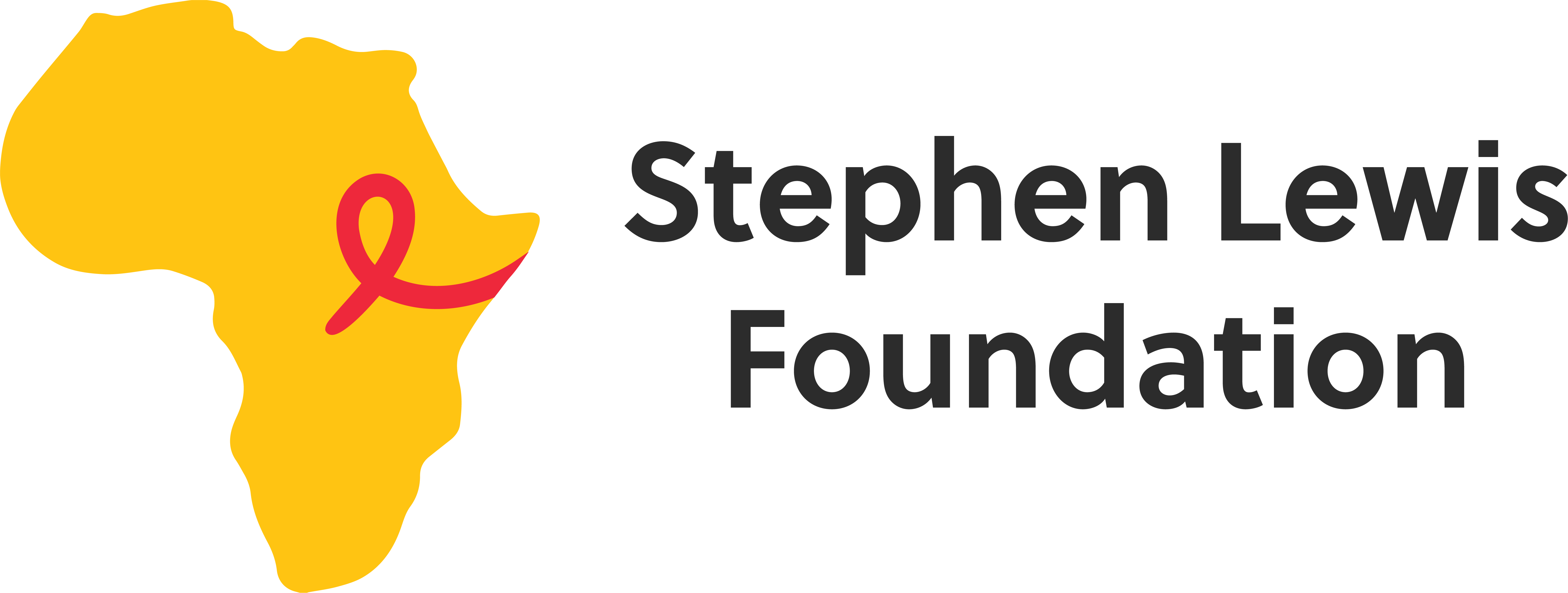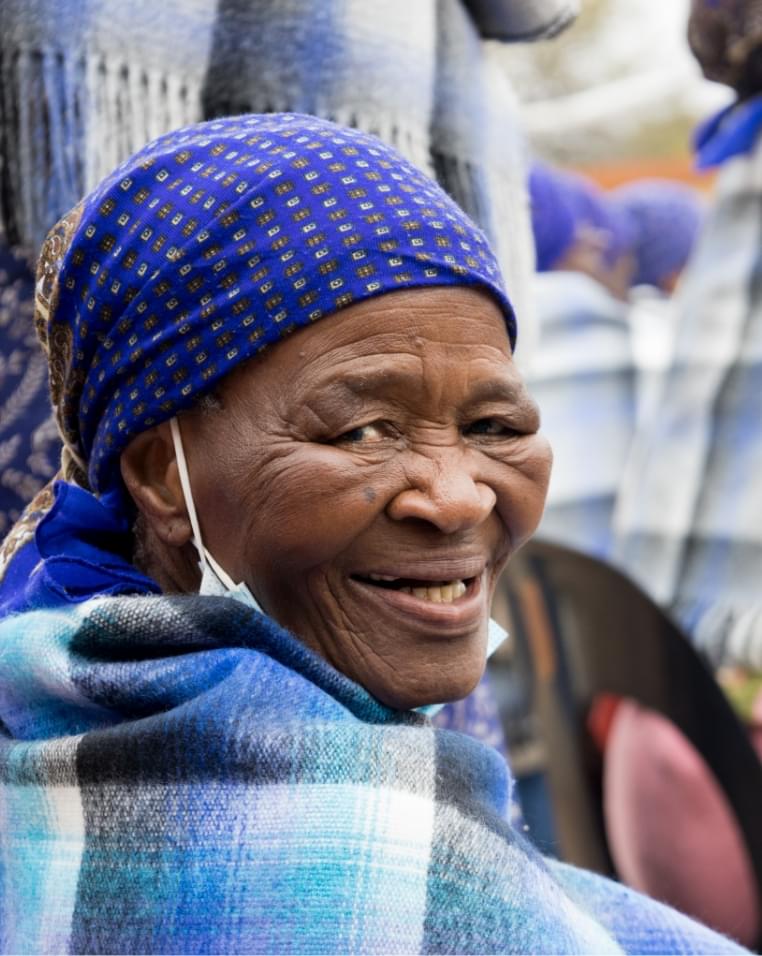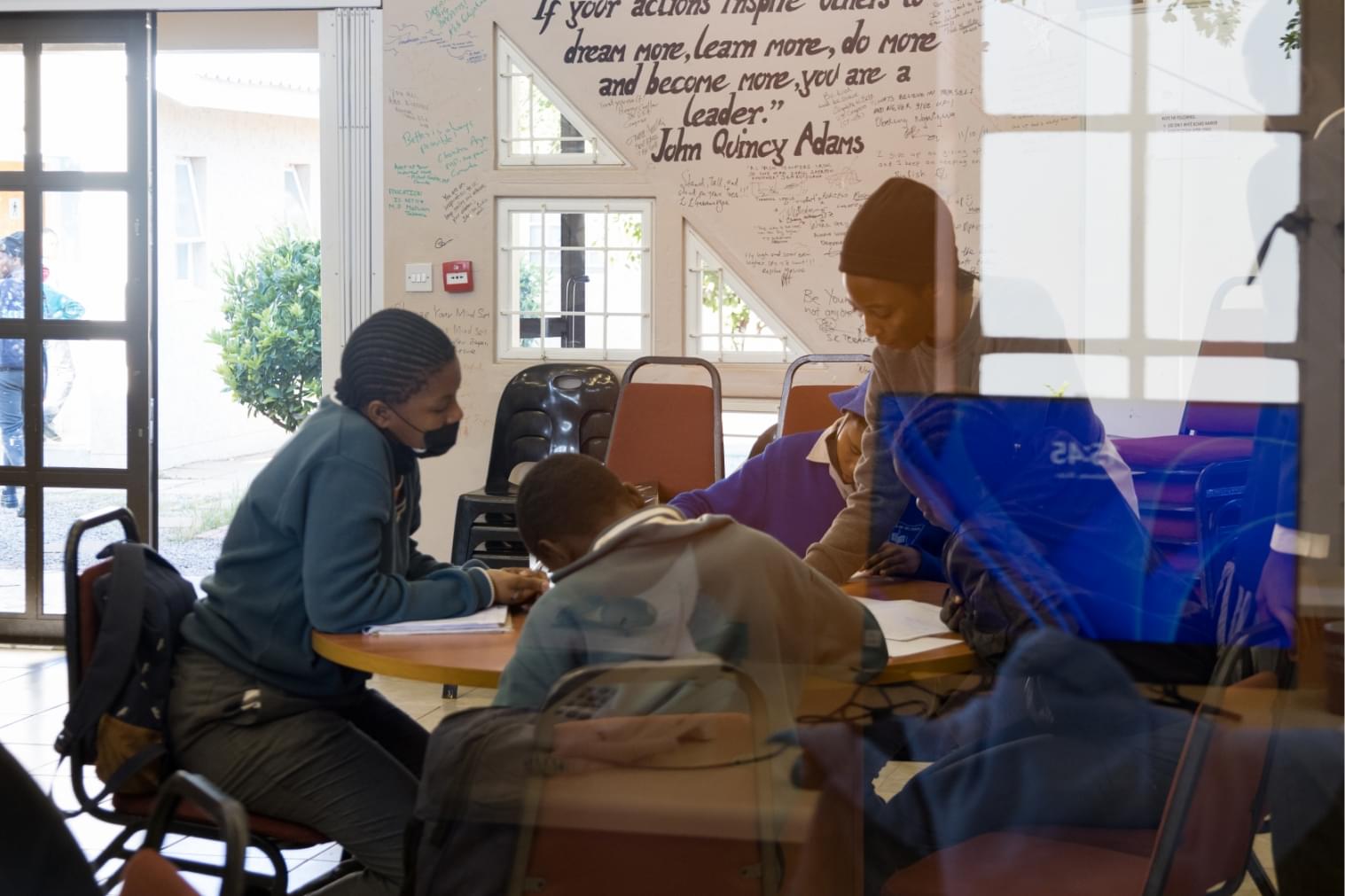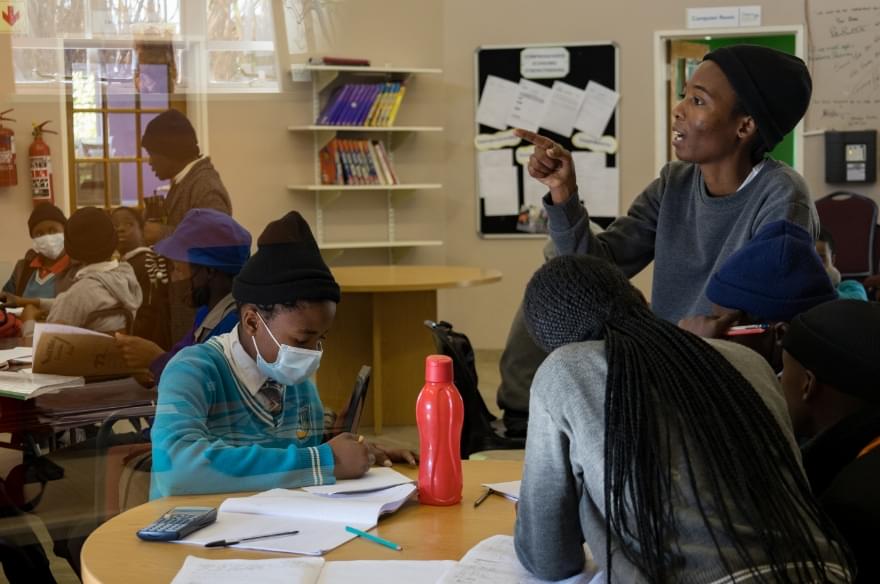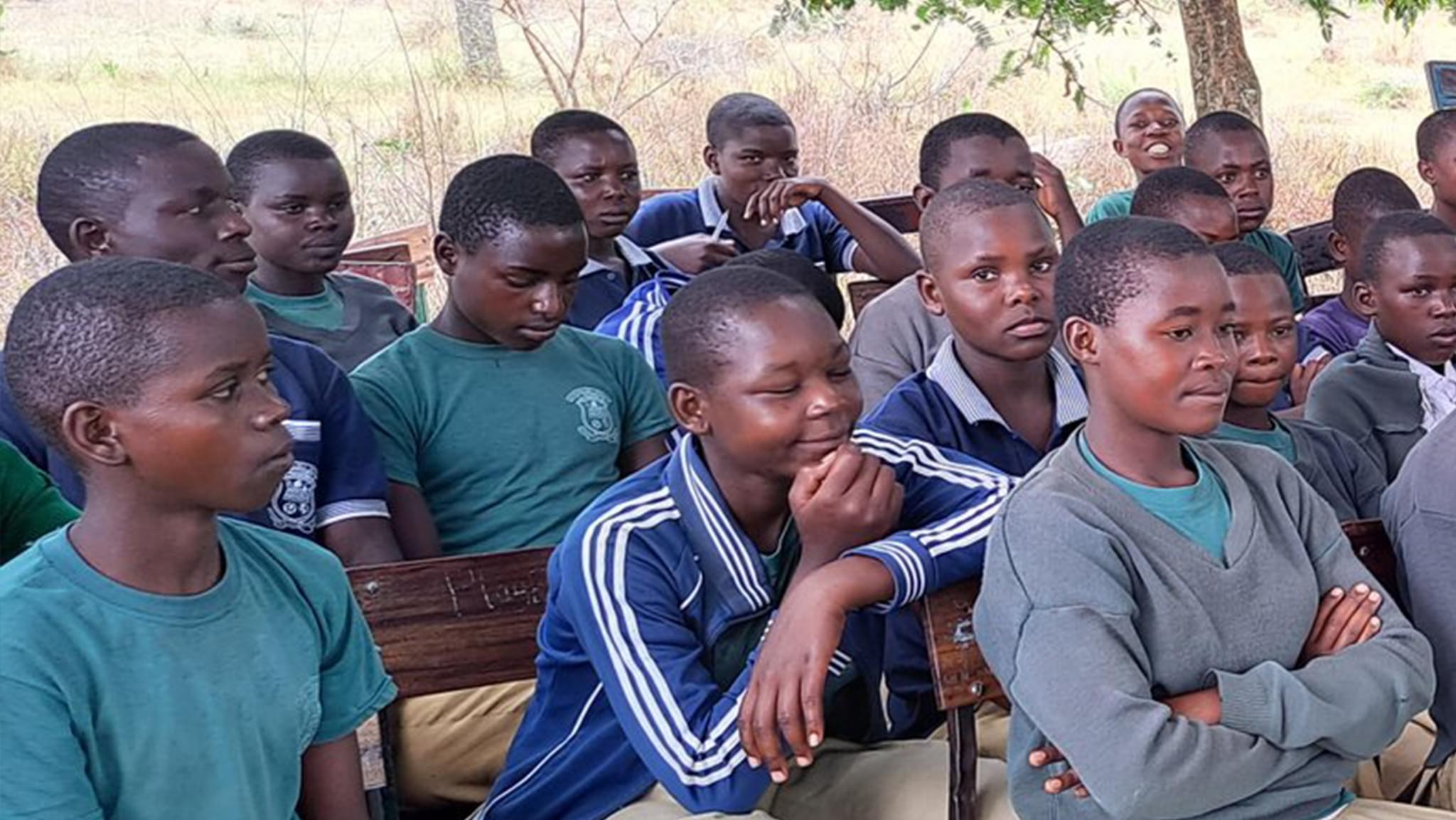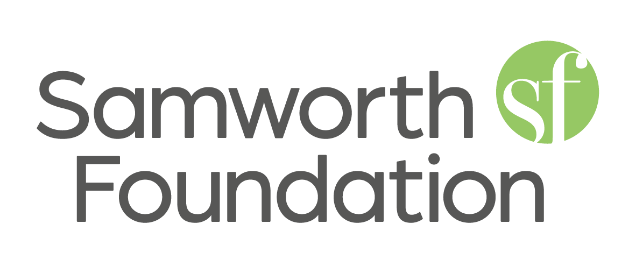Hope in Action: Community-led efforts to end gender-based violence and the HIV epidemic
Partner: SSI
Location: Botswana
Credit: DeLovie Kwagala
Content warning: This page contains accounts of sexual and gender-based violence.
Globally, 16% of adolescent girls and young women have experienced physical or sexual violence by an intimate partner at least once.
20%
of women ages 15 to 49 in Tanzania will experience sexual violence.
22%
of young women in Malawi experience sexual abuse prior to the age of 18.
Over 67%
of women in Botswana experience abuse in their lifetime, more than double the global average.
In sub-Saharan African countries, women who have experienced intimate partner violence are 3.2 times more likely to newly acquire HIV than women who have not. They are also less likely to be able to take HIV treatment consistently, which has significant implications for their health.
Partner: RISE
Location: Malawi
Credit: Blessings Phodogoma, Red Dot Films Malawi
Partner: SSI
Location: Botswana
Credit: DeLovie Kwagala
We used to believe in cultural norms that encourage gender-based violence. Beliefs like, the man is the head of the family, and he should not be questioned ... this contradicted what we learned from ... SSI. There has been a noticeable increase in the number of gender-based violence cases reported.
Partner: RISE
Location: Malawi
Credit: Blessings Phodogoma, Red Dot Films Malawi
Before we joined forces with RISE Malawi in the fight against gender-based violence, our village was lagging behind. Many did not know the law. Some parents did not even know that their children have rights. As leaders, we organized meetings to sensitize them on the laws against GBV ... which state that every parent must look after their child responsibly.
Photo Credit: CWCA
The Centre for Widows and Children Assistance (CWCA)
The education [CWCA] provided will be able to offer girls ways to protect themselves or to escape harmful situations…. They have also enabled ward administrators, students and teachers to be able to reject the harmful cultural practices that include gender-based discrimination and violence.
Hear SSI, RISE and CWCA in conversation
In the lead up to the 25th International AIDS Conference in Munich (July 2024), the SLF hosted Hope in Action, an online event that showcased these films and featured a panel discussion of leaders from SSI, RISE and CWCA. Watch a recording of that panel discussion to learn more about the powerful work of community-led organizations to address gender-based violence and HIV.
Supporting community leadership in the response to gender-based violence requires shifting power and resources into the hands of community-led organizations. This necessitates an anti-colonial approach to funding – one that de-centres funders and international non-governmental organizations (INGOs) and re-centres the needs and priorities of communities.
An anti-colonial approach to funding focuses on getting long-term, flexible, responsive funding into the hands of CLOs without overly burdensome application and reporting requirements.
Continued support for and solidarity with community-led organizations like SSI, RISE, and CWCA is critical to meaningfully and sustainably addressing the root causes of gender-based violence and creating the conditions for communities to thrive.
Will you support communities to end gender-based violence and build a future free from AIDS?
Yes, I want to donate today.Read more about how we fund by learning about our five anti-colonial funding principles here.
Partner: RISE
Location: Malawi
Credit: Blessings Phodogoma, Red Dot Films Malawi
